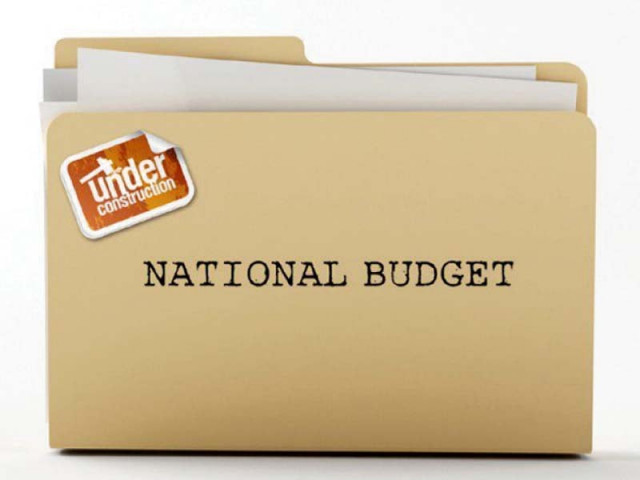‘Stabilisation policies will continue next year’
Dar is targeting 5.5% growth for 2015-16, which is considered ambitious due to a tight fiscal policy he is following

This will cause more unemployment and poverty in the country. CREATIVE COMMONS
After eight consecutive years of growth in unemployment, the government and leading economists have reached the consensus that focus should be on growth-oriented economic policies. However, the definition of what pro-growth budget means differs.
Just a week before the government is set to unveil its third budget, leading economists on Thursday predicted that the new budget would be a continuation of stabilisation policies that would cause more unemployment and poverty in the country.
Speakers at a seminar, organised by the Institute for Policy Reforms, economist urged the government to take decisive measures for economic revival in the coming budget.
Parallel to the independent views expressed by economists like Dr Hafiz Pasha and Dr Ashfaque Hasan Khan, Finance Minister Ishaq Dar and State Bank of Pakistan (SBP) Governor Ashraf Mahmood Wathra are providing their own theories about what is best for the economy.

Both the key government officials see the new budget as an opportunity to take certain measures that will push economic growth in the new fiscal year 2015-16 after two successive years of subdued expansion.
On its part, the central bank has given a positive signal by cutting the key discount rate – the rate at which commercial banks borrow from the SBP – from 8% to a 42-year low of 7%. However, due to diminishing demand in the economy, apparently the federal government is the main beneficiary of the rate cut as its cost of borrowing will go down significantly in the next fiscal year.
Dar, publicly and privately, has underlined the need for implementing growth-oriented policies from the new fiscal year. He has talked about giving out-of-the-box solutions to the government’s limitation on allocating big resources for public sector development programme (PSDP).
Dar is targeting 5.5% growth for 2015-16, which is considered ambitious due to a tight fiscal policy he will be implementing in the year.
Despite his intentions, the government agreeing to a budget deficit of 4.3% of gross domestic product (GDP) in the new fiscal year has been widely perceived as a continuation of stabilisation policies.
“Time has come to switch from stabilisation to revival. The government has yielded to IMF pressure to carry on stabilisation in 2015-16,” according to a written statement of Dr Hafiz Pasha read out at the seminar. Economic stabilisation has brought low economic growth, he said.
Pakistan and the International Monetary Fund (IMF) have agreed to reduce the fiscal deficit to 4.3% of GDP from 4.9% this year. The FBR’s estimated revenue of Rs3.1 trillion for next year requires a growth rate of over 19%, which was not achieved in the last two years.
He said Gas Infrastructure Development Cess has been imposed and the government has agreed to reduce power sector subsidy.
According to Pasha, the federal PSDP has been restricted to Rs580 billion for 2015-16, though inclusion of the China-Pakistan Economic Corridor projects required a PSDP of Rs750 billion.
His argument was that in these circumstances it is unlikely that the economy will grow at a rate above 5% and resultantly unemployment and poverty may continue to rise.
He questioned the policies that aim to promote growth and employment in the presence of IMF targets, suggesting that the tax policy should focus on broadening the tax base and not raising the tax rates.
Secondly, the monetary policy should remain expansionary and improve private sector access to credit at lower costs.
Pasha argued that the rupee was overvalued by about 10% and resultantly exports are suffering and import-substituting industries face stiff competition from cheap imports.
The government must not merely give the title of growth to the new budget, said Humayun Akhtar Khan, former commerce minister.
He said that by accepting IMF’s parameters in the seventh review, the government already seems to have settled for another year of stabilisation.
By definition, the IMF programme is anti-growth and Pakistan needs job-rich growth, said Dr Ashfaque, agreeing with the need of economic revival.
Published in The Express Tribune, May 29th, 2015.
Like Business on Facebook, follow @TribuneBiz on Twitter to stay informed and join in the conversation.


















COMMENTS
Comments are moderated and generally will be posted if they are on-topic and not abusive.
For more information, please see our Comments FAQ